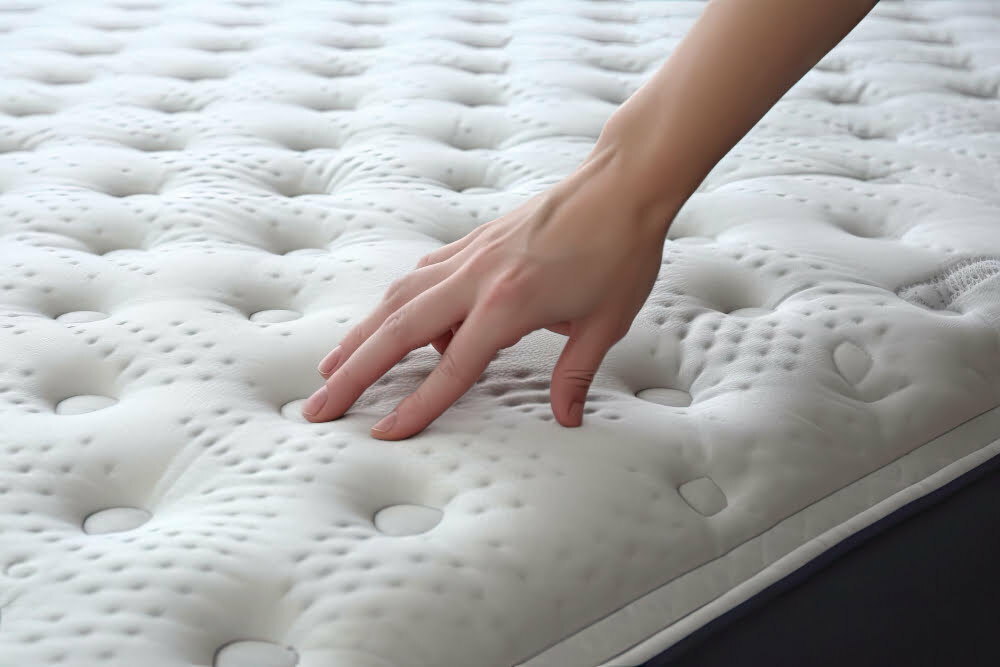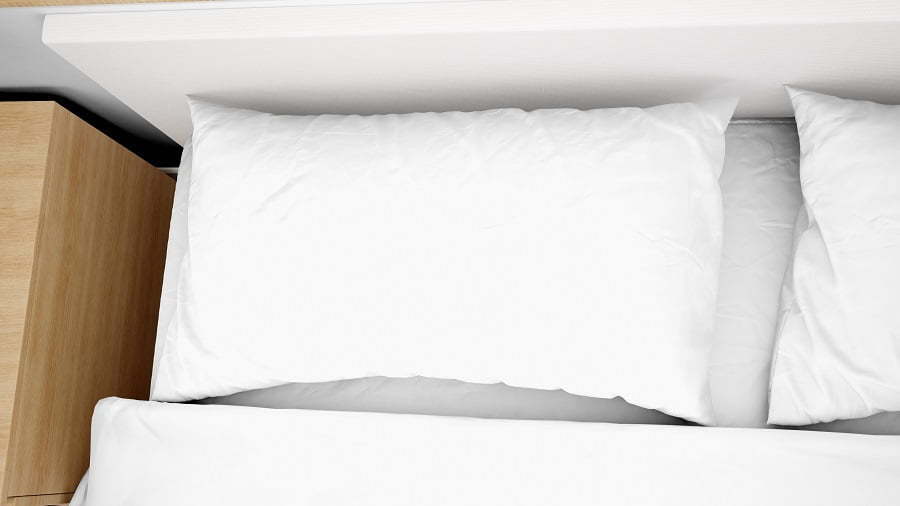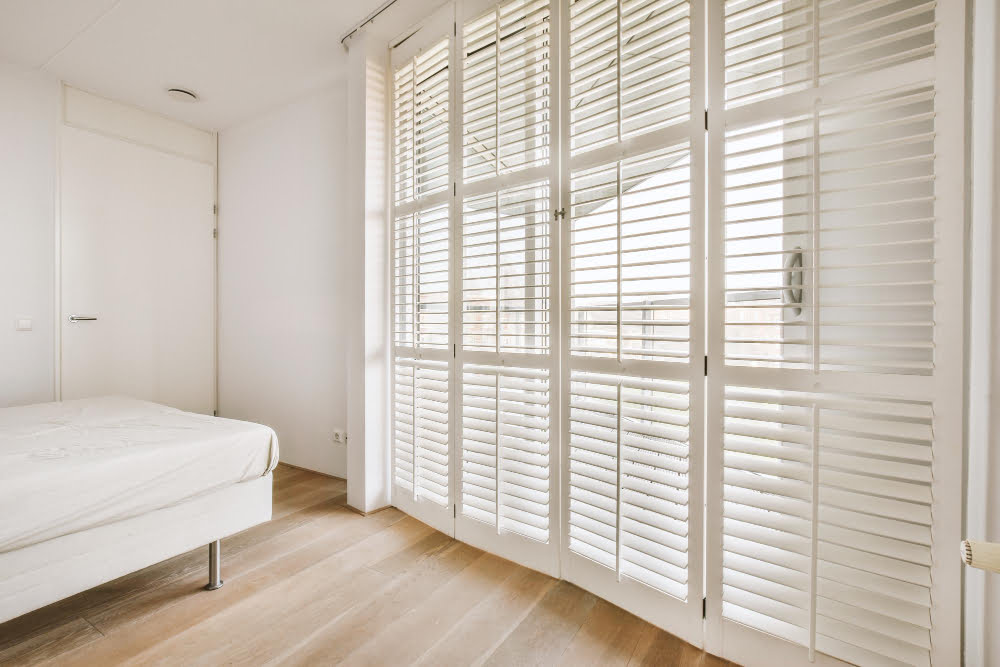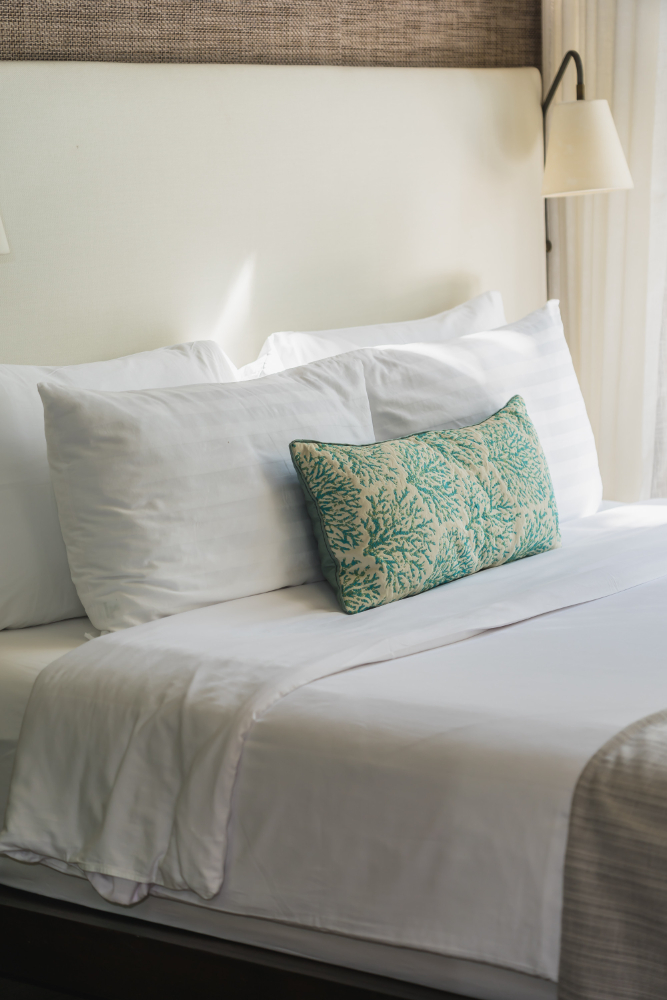Last updated on
Take these steps to improve your sleep at night. Read on!
If you’re like most of us, falling asleep quickly and easily has become an elusive goal. You may lie in bed tossing and turning all night long, counting sheep without ever feeling the benefit of restful sleep.
But, fear not – we’ve got some ideas to help you get better sleep each night so that you can wake up feeling refreshed and ready for the day ahead! In this blog post, we’ll be exploring 6 simple things that can help lull even the most restless sleeper into a sound slumber.
From expanding your knowledge about how to create an optimal sleep environment to understanding why good nighttime habits are vital for healthy sleeping patterns – read on for more information about getting quality shut-eye every evening.
Get a New Mattress
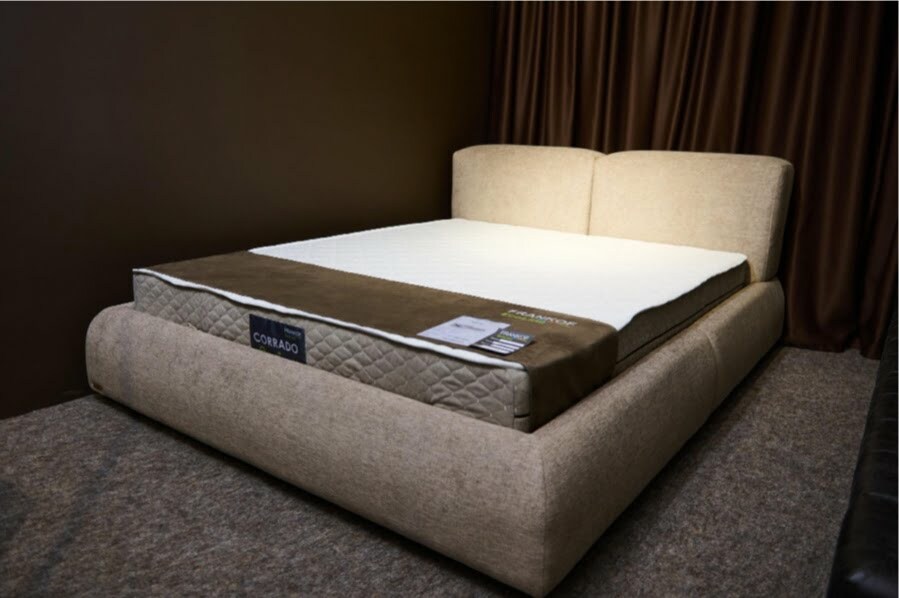
If you’ve been struggling to get a good night’s sleep, it may be time to invest in a new mattress. There are many different types of mattresses that come in all shapes and sizes, designed to meet the needs of every sleeper.
From pocketed coil systems that provide extra support for back pain sufferers to memory foam models that contour to your body shape, a mattress out there will give you the support and comfort you need to get a restful sleep. If you’re unsure which type of mattress is best for you, visit your local mattress store and chat with an expert who can help guide you in making the right choice.
Stick to a Sleep Schedule
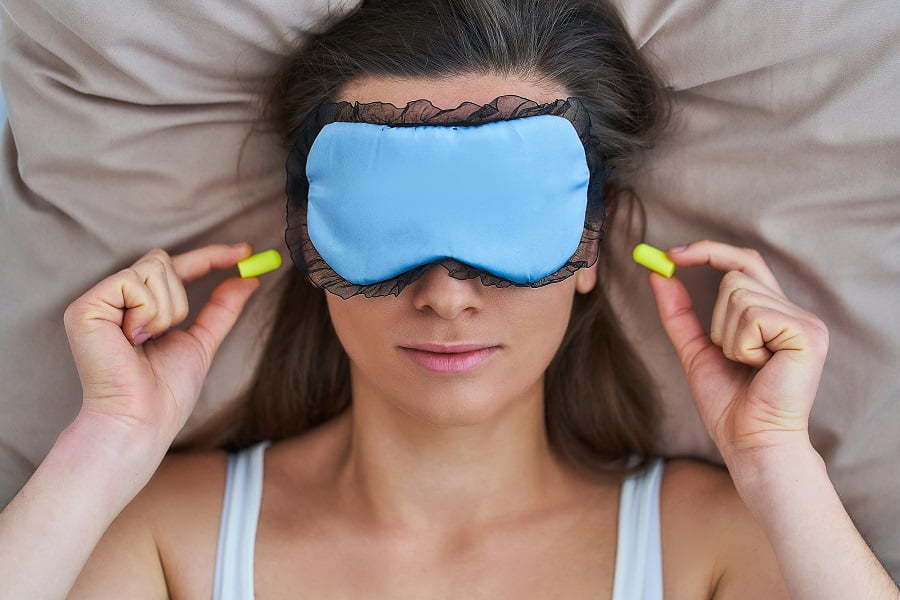
Going to bed and waking up at the same time every day can help your body naturally adjust to a sleep pattern. A consistent sleep schedule will help regulate your body’s internal clock, making it easier to fall asleep and wake up more naturally.
Try to maintain a regular bedtime every night, and avoid napping during the day where possible. If you find yourself wide awake in the middle of the night, resist the urge to watch television or check emails – these activities can activate your brain and make it harder to fall asleep. Instead, practice relaxation techniques like deep breathing or meditation which will help lull you back into a peaceful slumber.
Keep the Temperature Cool
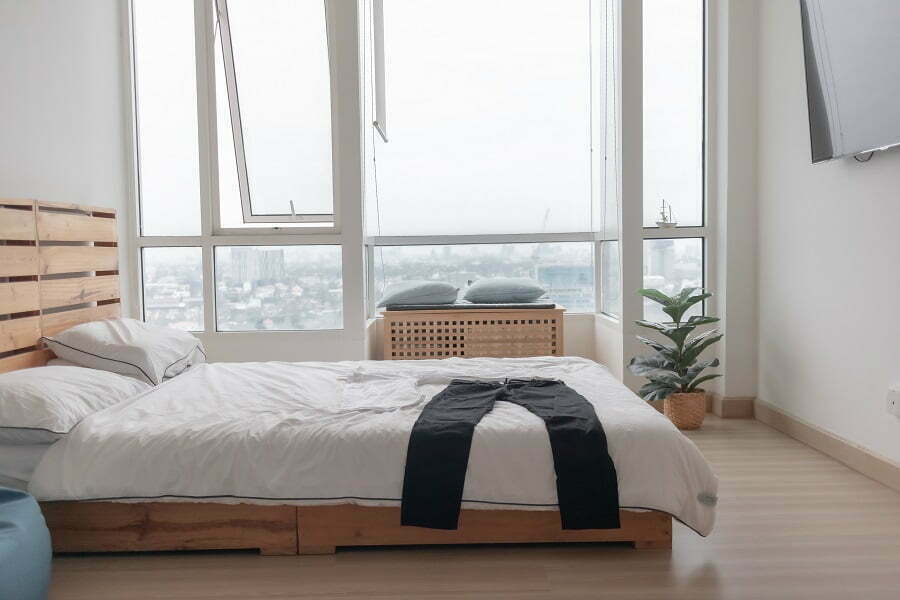
A cooler bedroom temperature is ideal for sleeping, so set your thermostat to somewhere between 60-67 degrees Fahrenheit. This so-called ‘thermal comfort zone’ helps your body regulate its own temperature, promoting better sleep. Additionally, keep the humidity in your bedroom low by using a dehumidifier if needed.
If you find yourself too hot or too cold during the night, add or take away layers of blankets to ensure that you remain comfortable while you sleep. This will ensure that your body can drift off into a deep sleep without any disruptions caused by temperature fluctuations.
Limit Technology Before Bedtime
The blue light in phones and screens keeps you awake, so shut off screens at least an hour before bedtime. Give yourself some time to unwind without the distraction of technology before bedtime.
Read a book, practice mindfulness, or take a hot bath to settle your mind and body so that you can relax into sleep more easily. Also, avoid having too many devices in your bedroom – try to keep it solely for sleeping if possible.
If you need a device for an alarm, turn it off or put it on airplane mode so that you won’t be disturbed by notifications throughout the night. Your sleep can improve dramatically with some discipline and a few lifestyle changes!
Exercise Regularly
Regular exercise helps relieve stress, reduce fatigue, and promote better sleep. Aim to exercise at least three times a week and avoid working out close to bedtime – too much activity before sleep can make it more difficult to fall asleep.
Instead, opt for gentle stretches or yoga towards the end of the day, which will help relax your body and prepare it for sleep. Additionally, try going outdoors during daylight hours – natural light helps regulate your body’s internal clock, making it easier to fall asleep at night. With regular exercise and exposure to natural light, you can get on track for a great sleep every night.
Avoid Alcohol and Caffeine
Alcohol can interfere with deep sleep while caffeine can make it difficult to fall asleep. Avoid having drinks with caffeine or alcohol 4-6 hours before bedtime. Additionally, limit your intake of caffeinated beverages during the day.
Try to switch to decaffeinated options like herbal teas and water afternoon so that you can avoid an energy crash later in the evening. Being mindful of what you drink throughout the day will help ensure that you can get the restful sleep that your body needs.
Sleep is an essential part of staying healthy and productive. With a few simple lifestyle changes, you can improve the quality of your sleep and be more prepared for the day ahead.
Establishing a consistent sleep schedule, keeping the temperature cool in your bedroom, limiting technology before bedtime, exercising regularly, and avoiding alcohol and caffeine can all help create a more restful sleep environment. With a few changes, you can get on track for a great night’s sleep!
Related reading:
Table of Contents
